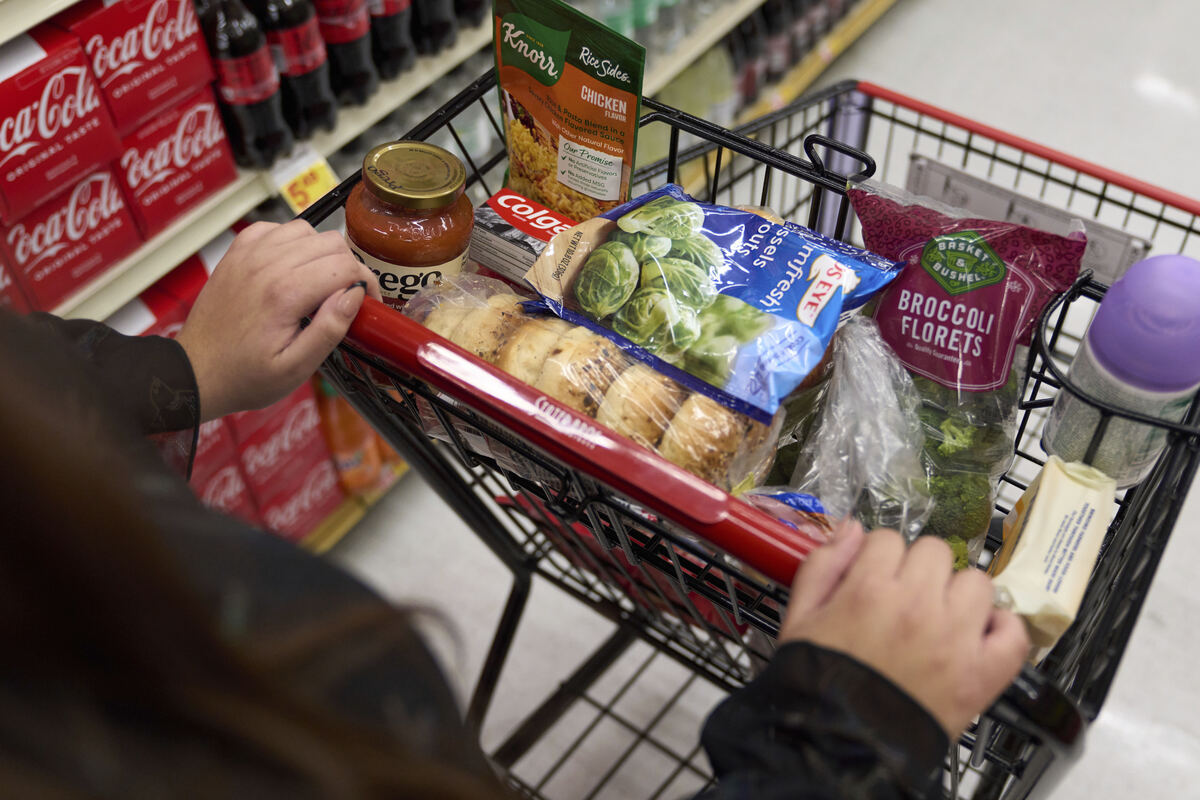Copyright Bangor Daily News

Officials from the Maine Department of Health and Human Services say they are still waiting for guidance from the Trump administration about when food assistance money will be available. On Monday, the Trump administration said it will dip into a contingency account to pay out part of November’s benefits under the Supplemental Nutrition Assistance Program, or SNAP, despite the ongoing federal government shutdown. The announcement came days after a federal judge ordered the administration to make full or partial SNAP payments to the roughly 42 million Americans who depend on SNAP benefits, which are formerly known as food stamps. Maine receives $29 million monthly for roughly 170,000 residents who are on SNAP. “Maine’s Department of Health and Human Services’ Office for Family Independence is awaiting direction from the federal government regarding the issuance of partial payments,” Lindsay Hammes, spokeswoman for DHHS said in a statement. “Once that direction is received, the department stands ready to issue payments to eligible recipients as quickly as possible.” SNAP benefits are typically distributed between the 10th and the 14th every month. So Hammes said it is possible that DHHS could hit that timeline if the Trump administration provides additional guidance in time. In the meantime, Gov. Janet Mills said her office is talking with legislative leaders about other options to help Maine residents affected by the shutdown. Speaking during Monday’s Maine Calling program, Mills said that “all options are on the table” as the state tries to help Mainers deal with a loss of SNAP benefits. One option frequently being discussed is tapping the state’s $1 billion Rainy Day fund. But Mills said that would require support from two-thirds of the members of both the House and Senate. “I can’t tap into it myself,” Mills said. “It would need an emergency bill to do that. And I have yet to hear from Republican leadership that they are willing to pass a single emergency bill to back-fill some of these benefits, like SNAP benefits, with the Rainy Day fund. I can’t do it without their help.” In a statement, House Republican Leader Rep. Billy Bob Faulkingham of Winter Harbor blamed Senate Democrats in DC for opposing bills to reopen government. “Chuck Schumer and the far left wing of the Democrat Party have voted 13 times against a clean, nonpartisan continuing resolution,” Faulkingham said, referring to the Senate minority leader from New York. “It’s time to put everybody back to work and fund the government. Governor Mills needs to have a direct conversation with Schumer and demand they step up and do their job.” Mills was recruited by Schumer and other national Democrats to seek the party’s nomination to challenge Republican Sen. Susan Collins next year. Speaking after Mills during Maine Calling, Collins continued to blame Schumer for opposing the GOP-sponsored continuing resolution to reopen government. Senate Democrats, meanwhile, are accusing Republicans of refusing to negotiate with them on extending tax credits that subsidize health insurance premiums for millions of Americans through the Affordable Care Act. Open enrollment in ACA marketplaces began on Saturday, and many people are seeing dramatic premium increases because the COVID-era subsidies are expiring. Collins said there is bipartisan support for extending the ACA subsidies, although she want to see income caps reimposed. The Maine Republican, who chairs the powerful Senate Appropriations Committee, said she and a group of other Republicans and Democrats are trying to quote “chart a path forward” to end the month-long impasse. One potential compromise, she said, would involve the Senate quickly taking up legislation to extend the ACA subsidies once government reopens. “I think that’s an issue that we do need to address,” Collins said. “And I believe that once we open government, that we will turn to that issue very shortly. And it’s important that we do so.” Collins added that she hopes a vote ending the shutdown will happen by week’s end. Any deal would have to be endorsed by Democratic and Republican leaders, who so far have shown little willingness to step out of their entrenched positions. “I don’t want to create false hopes out there,” Collins said. “But that is based on discussions that I’ve had with numerous Democrats as recently as last night as well as with my Republican colleagues.”



